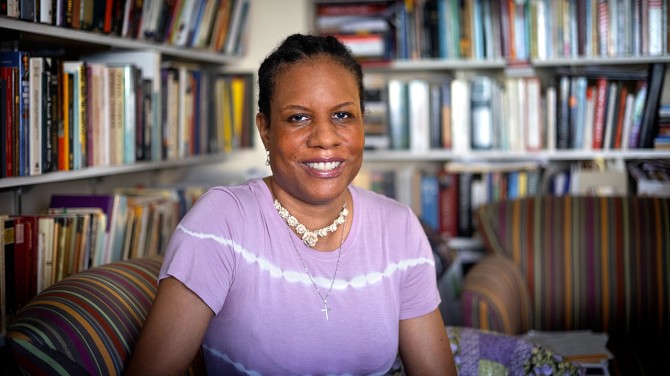Australian Daylight Saving begins on Sunday, 3 October 2021, at 2am when clocks are turned forward 1 hour to 3am local daylight time in NSW, VIC, SA, Tasmania, and ACT. Those of us living in these areas will “lose” an hour of night-time sleep, and this can disrupt our sleep and our internal biological clock, impacting our alertness, performance and workplace safety.
In general, “losing” an hour in the Spring is more difficult to adjust to than “gaining” an hour in the Autumn when we turn the clocks back one hour. While it can take up to a week to feel back to normal after the beginning of Daylight Saving Time in October, in April it usually takes only one night.
Chair of the Sleep Health Foundation, Professor Shantha Rajaratnam explains, “Our internal body clock that controls our 24-hour circadian rhythms has to adjust to the forward time shift. Although most people will do this without any problem, we do need to be aware that adjusting the clock to an earlier time is generally more challenging than shifting the clock to a later time. As a result, while our biological clock adjusts to the time shift, we experience symptoms similar to jetlag.”
To alleviate this, he suggests going to bed 15-20 minutes earlier than your usual bed-time for a few days in the week leading into the start of Daylight Saving, and avoiding light exposure in the evening hours prior to bed leading up the time change. Also setting your alarm to wake up 30 minutes earlier than you normally would that weekend, especially on the Sunday morning, getting plenty of morning light exposure, in preparation for the “earlier” start on Monday 4 October.
The Sleep Health Foundation has a list of effective tips to make the introduction of Daylight Saving this October easier to cope with and a complete Daylight Saving Fact Sheet .
- Make the bedroom as bright as possible when you first wake up in the morning
- Eat a good breakfast
- Go outside in the sunlight in the early mornings
- Exercise outside in the mornings
- Create a habit of going to bed at the same time each night
- Try to get between seven and nine hours sleep each night
- Don’t exercise just before going to bed
- Don’t drink coffee, tea or other caffeinated drinks in the evening
- Avoid smoking just before bed or during the night
- Be aware that alcohol in the evening is likely to affect your sleep, especially in the second half of the night, when it may become more fragmented
- Don’t go to bed hungry or too soon after eating a large mealAbout Daylight Saving
About Daylight Saving
Australian Daylight Saving will begin on Sunday, 3 October 2021, at 2am when clocks are turned forward 1 hour to 3am local daylight time.
Sunrise and sunset will be about 1 hour later on 3 Oct 2021 than the day before. There will be more light in the evening.
In Australia, Daylight Saving is observed in NSW, Victoria, South Australia, Tasmania and ACT. Daylight Saving is not observed in Queensland, Northern Territory or Western Australia.
About the Sleep Health Foundation:







